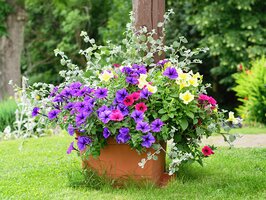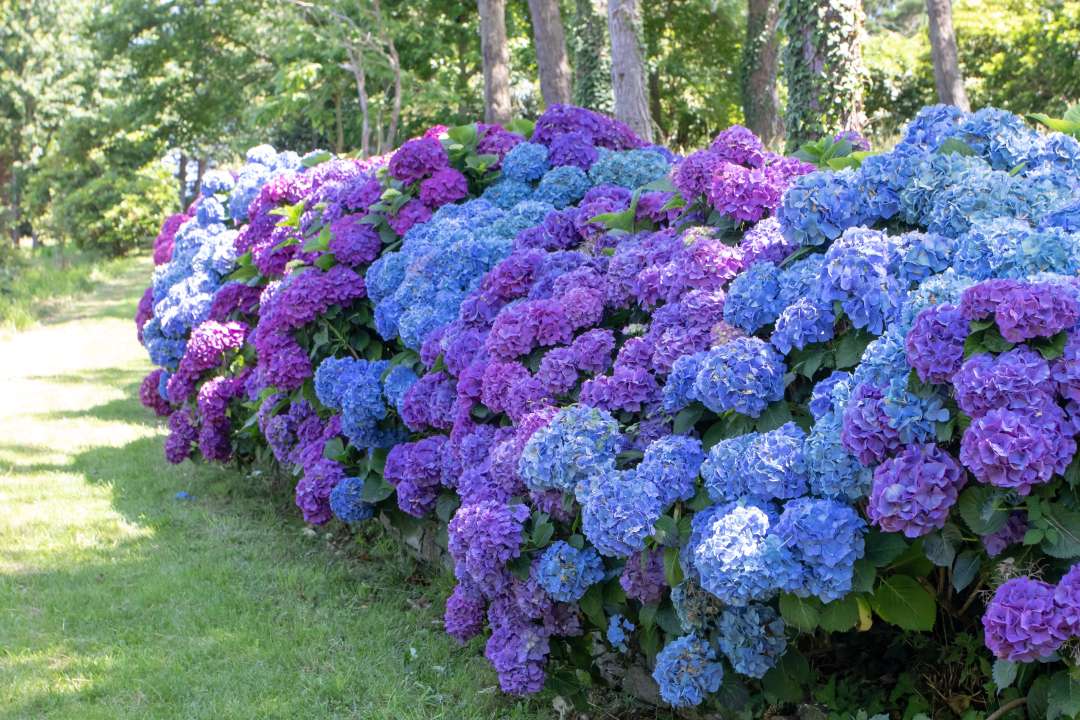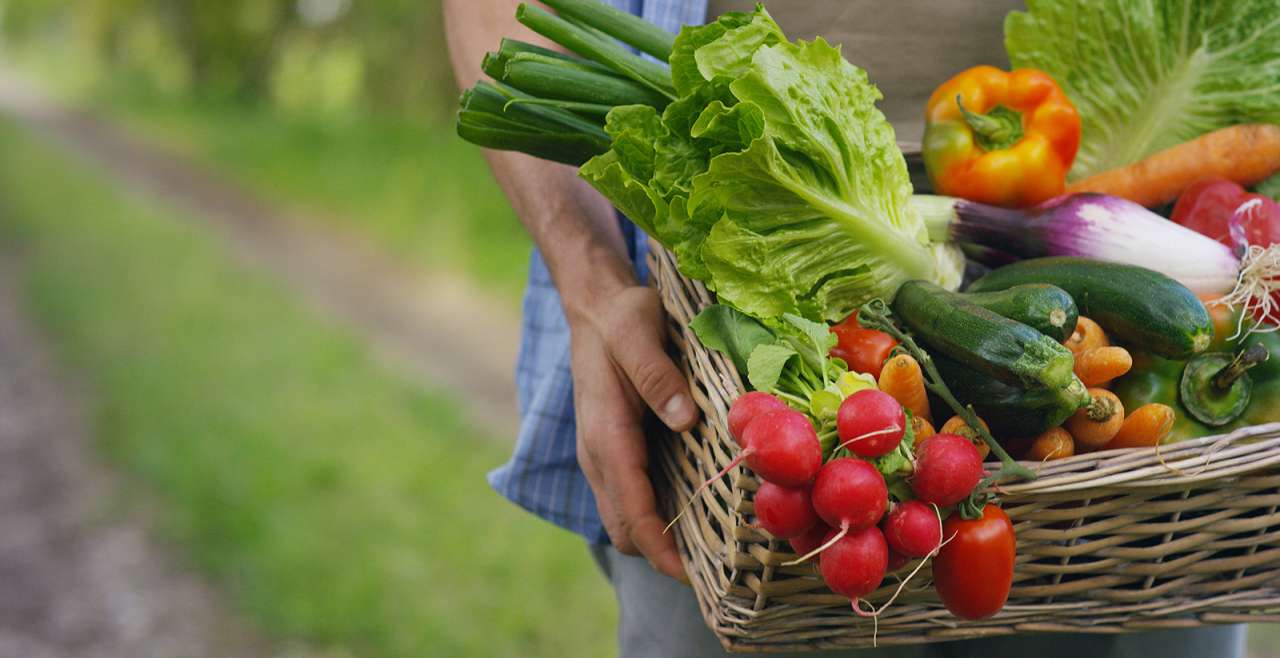The Importance of Feeding Your plants

Plants, much like humans and animals, need proper nutrition to grow, thrive, and defend against disease. While sunlight, air, and water are crucial, feeding your plants with the right nutrients is just as important to ensure they develop strong roots, lush foliage, and vibrant blooms. Understanding the importance of plant feeding can make a world of difference in their health and longevity.
Plants extract nutrients from the soil, but over time, especially in containers or intensively cultivated gardens, those nutrients get depleted. When soil becomes exhausted, plants struggle to grow and show signs of nutrient deficiency — yellowing leaves, stunted growth, poor flowering, or a general lack of vigour. Feeding plants replenishes the soil and ensures they get the essential elements they need, such as nitrogen, phosphorus, and potassium (commonly found in fertilizers), along with micronutrients like calcium, magnesium, and iron.

Nitrogen is particularly important for leafy growth. Plants like spinach, lettuce, and grass require higher amounts of nitrogen to keep their leaves green and growing. Phosphorus supports strong root development and encourages flowering and fruiting, making it key for flowering plants and vegetables like tomatoes and peppers. Potassium helps with overall plant health and disease resistance, improving drought tolerance and fruit quality.
Feeding your plants can also improve the soil itself. Organic fertilizers, such as compost, worm castings, or fish emulsion, not only provide nutrients but also enhance the structure and microbial life of the soil. These natural amendments promote better water retention and aeration, which in turn supports healthier root systems. Unlike synthetic fertilizers, which may provide a quick fix, organic feeding methods enrich the soil over time and are more sustainable for the environment.

Another vital reason to feed your plants is to support their ability to resist pests and diseases. Well-nourished plants are stronger and more resilient, which makes them less attractive to insects and more capable of bouncing back from damage. On the other hand, weak, underfed plants often become targets for pests and are more susceptible to fungal or bacterial infections.
It’s also important to match feeding to the type of plant and its life stage. For example, seedlings need different nutrients than mature, fruiting plants. Similarly, indoor houseplants may need gentle, diluted feeds less frequently, while fast-growing annuals or vegetables require more regular nourishment.
In summary, feeding your plants is not a luxury—it's a necessity for successful gardening. It boosts growth, enhances flowering and fruiting, improves resistance to pests and disease, and contributes to long-term soil health. With a bit of attention and the right feeding schedule, your plants will not only survive—they’ll thrive. So the next time you water your plants, think about what else they might be craving. A well-fed plant is a happy plant, and a happy plant makes for a beautiful, bountiful garden.
How to Feed Your plants
